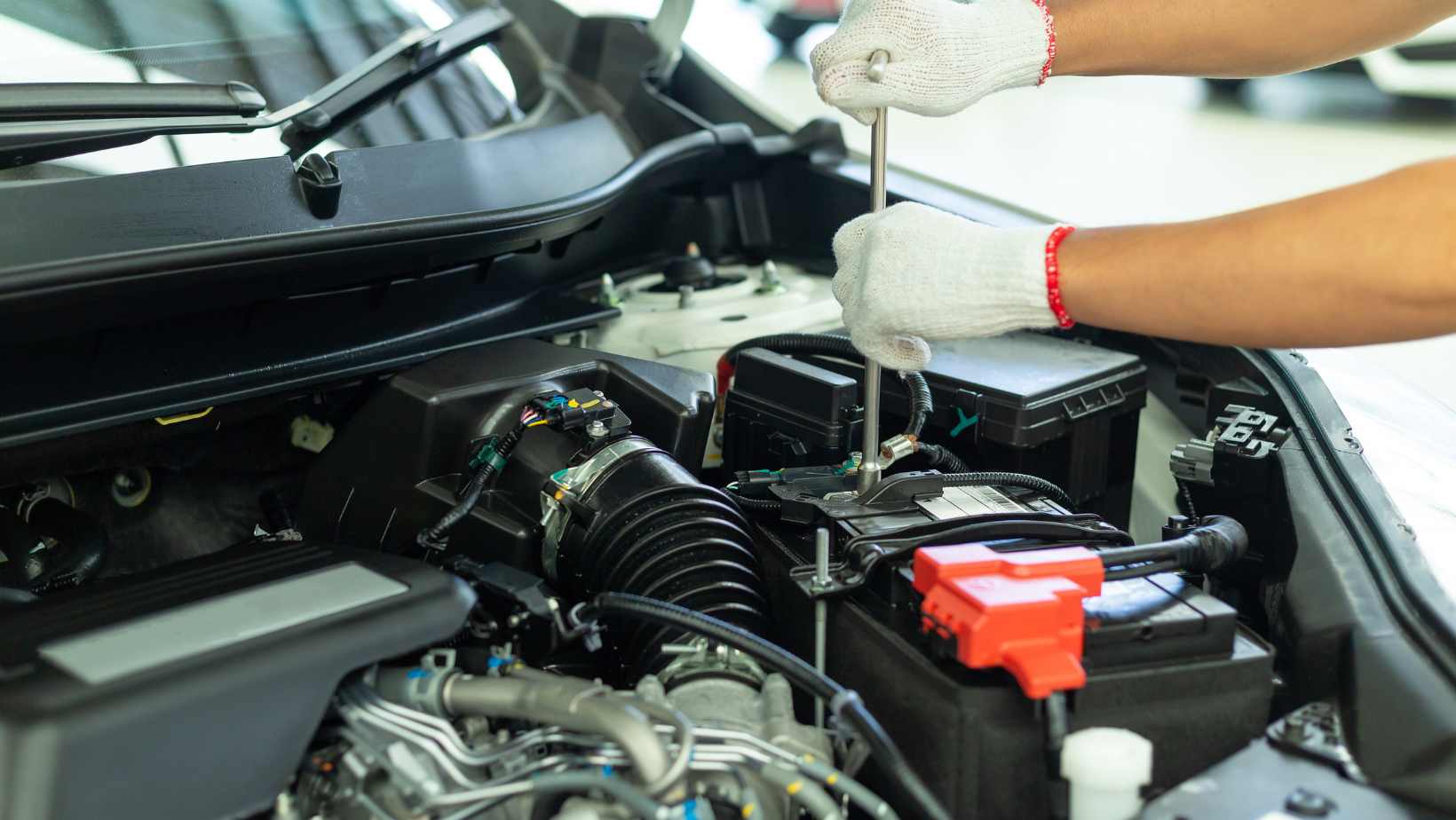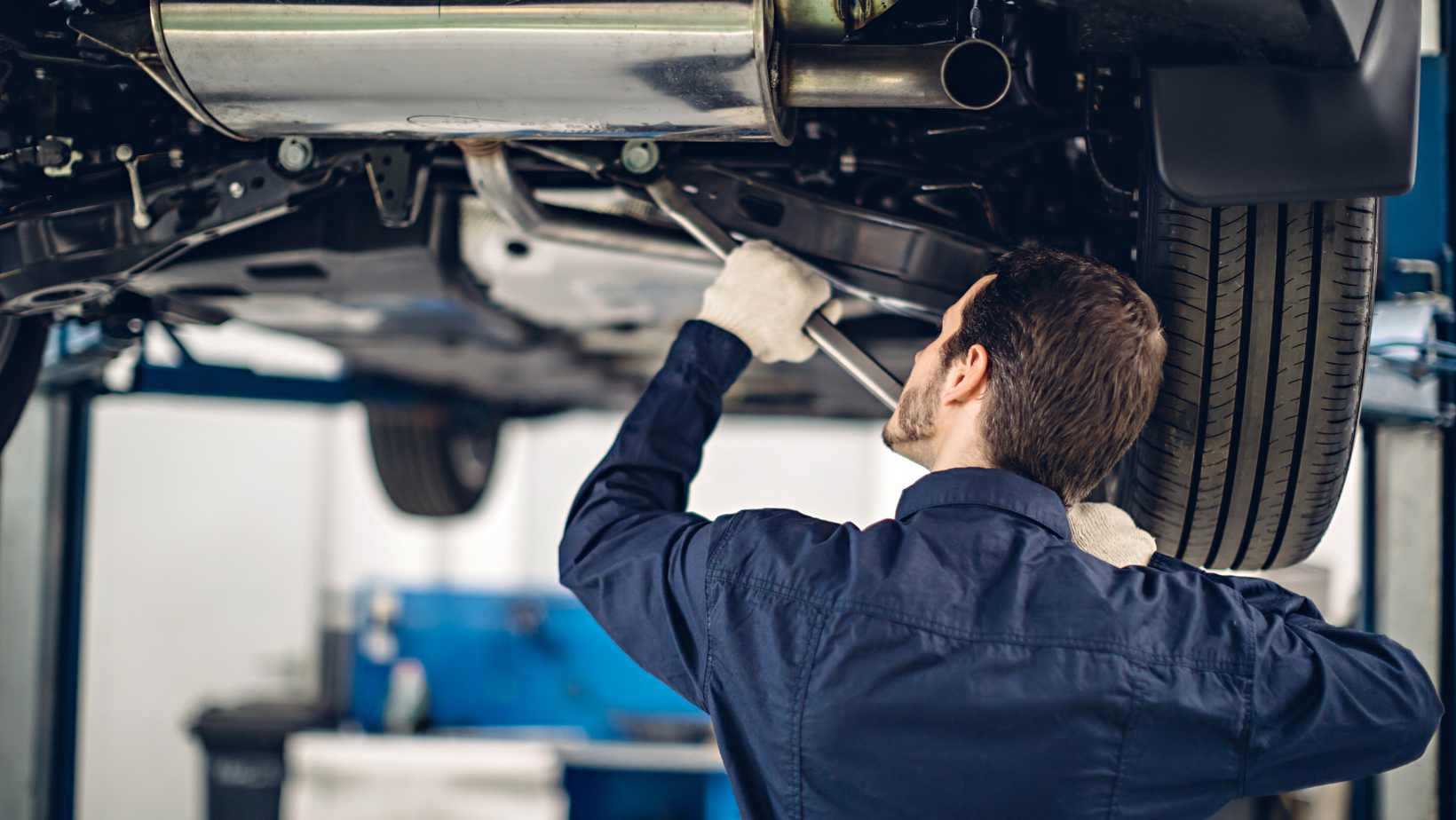When it comes to golf car repair, there are a few key things to keep in mind. Whether you’re a golf enthusiast who relies on your cart for those weekend rounds or a business owner with a fleet of golf cars for rentals, ensuring they are well-maintained is essential. From routine maintenance to troubleshooting and repairs, taking care of your golf car can extend its lifespan and keep it running smoothly.
One important aspect of golf car repair is regular maintenance. Just like any vehicle, golf cars require periodic check-ups to ensure all components are in good working order. This includes inspecting the batteries, brakes, tires, and electrical systems for any signs of wear or damage. By catching potential issues early on through regular inspections and servicing, you can prevent major breakdowns and costly repairs down the line.
Golf Car Repair
Battery Maintenance Tips
One of the most common issues golf car owners face is battery problems. Proper battery maintenance is essential to ensure optimal performance and longevity. Here are some valuable tips to keep your golf car’s batteries in top shape:
- Regular Charging: It’s important to charge your golf car’s batteries regularly, even if you haven’t been using it frequently. This helps prevent deep discharge, which can lead to irreversible damage.
- Water Levels: Check the water levels in your batteries regularly and add distilled water if necessary. Low water levels can cause sulfation and reduce battery life.
- Cleaning and Inspection: Keep the battery terminals clean and free from corrosion by using a mixture of baking soda and water. Additionally, inspect the cables for any signs of wear or damage.
- Avoid Overcharging: Overcharging can lead to electrolyte loss and reduced battery capacity over time. Use a smart charger with an automatic shut-off feature to prevent overcharging.
Troubleshooting Electrical Problems
Electrical issues can be frustrating, but with some basic troubleshooting knowledge, you may be able to resolve them yourself before seeking professional help. Here are a few common electrical problems encountered in golf cars:
- Faulty Wiring Connections: Loose or faulty wiring connections can cause various electrical problems such as lights not working or intermittent power loss. Check all connections for tightness and make sure they are properly insulated.
- Blown Fuses: If certain components like headlights or horn stop working suddenly, it could be due to a blown fuse. Locate the fuse box in your golf car and check for any blown fuses; replace them with new ones of the correct amperage rating.
- Battery Voltage Issues: Insufficient voltage from the batteries can result in poor performance or complete failure of electrical systems such as motors or controllers. Use a voltmeter to measure the battery voltage and ensure it meets the manufacturer’s specifications.
- Controller Malfunction: The controller is a crucial component that controls the speed and direction of your golf car. If you experience erratic behavior or loss of power, it could be due to a faulty controller that needs professional diagnosis and repair.

Common Engine Issues
While electric golf cars are becoming more popular, gas-powered golf cars still have their fair share of enthusiasts. Here are some common engine issues that you may encounter:
- Fuel System Problems: Clogged fuel filters, improper fuel mixture, or contaminated fuel can lead to poor engine performance or startup issues. Regularly inspect and clean the fuel system components to prevent such problems.
- Ignition System Troubles: Faulty spark plugs, ignition coils, or ignition timing can cause misfires, rough idling, or difficulty in starting the engine. Regularly check and replace worn-out spark plugs and ensure proper ignition system maintenance.
- Exhaust System Concerns: A damaged or malfunctioning exhaust system can result in excessive noise levels or emission-related issues. Check for any leaks or blockages in the exhaust system regularly to maintain optimal performance.
- Cooling System Maintenance: Overheating can damage the engine components if not addressed promptly. Keep an eye on coolant levels and ensure proper circulation by checking radiator hoses and fans regularly.
By addressing these common golf car repair issues promptly and following regular maintenance practices, you can keep your golf car running smoothly for years to come.







































